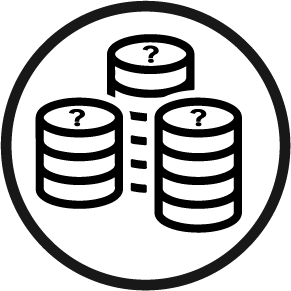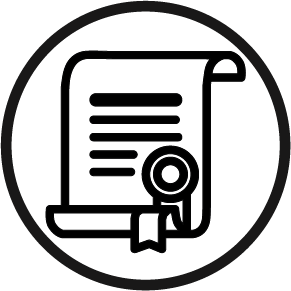Course information
Short Summary:
Learn how to establish a dynamic and responsive Monitoring, Evaluation, Accountability and Learning (MEAL) system in the earliest phase of an emergency response.
Course short name:
CRS MEAL Emergencies
Hide course from catalogue: No
Topic: Humanitarian Essentials, Programmatic Support
Management Essentials:
Safety and Security:
Programmatic Support: Monitoring and evaluation
Technical Sectors:
Humanitarian Essentials: Accountability, Principles, practices and standards
Language: English
Format: Online self-directed
Provider: Catholic Relief Services (CRS)
Region: Global
Compatibility: Offline, Tablet
Welcome to the MEAL in Emergencies course!
In this interactive course you will see and hear examples from your peers about how to use MEAL as part of a quality emergency response. In the final, five-part scenario, you will apply what you've learned in an emergency simulation exercise.

Is this course for me?
This course is designed for staff responding to emergencies who have some basic MEAL experience.

How will I benefit from this course?On completion of this course you will be able to:
Set up and implement simple (good enough) monitoring systems that generate an appropriate amount of qualitative and quantitative data on the quality, effectiveness, relevance and appropriateness of the emergency response that are timely, reliable and useful. Use monitoring system information for: tracking progress against targets; assessing outcomes of interventions, including those that are unanticipated; making decisions; and producing evidence-based reports. Refine the complexity and increase completeness and reliability of M&E systems over time.

How long will it take? This course should take you around 7.25 hours to complete. If you start and stop the course, your progress will be saved, so you do not need to complete it in one sitting.

How much does it cost? This course is free!

Will I get a certificate at the end? Yes - you will be able to download a certificate once you have have completed all of the modules within the course.
 How do I start? Scroll to the top of the page and click on the Join button. This will take you through to the course page itself. You don't need to complete the course in one go - you can always continue later from where you left off.
How do I start? Scroll to the top of the page and click on the Join button. This will take you through to the course page itself. You don't need to complete the course in one go - you can always continue later from where you left off.
